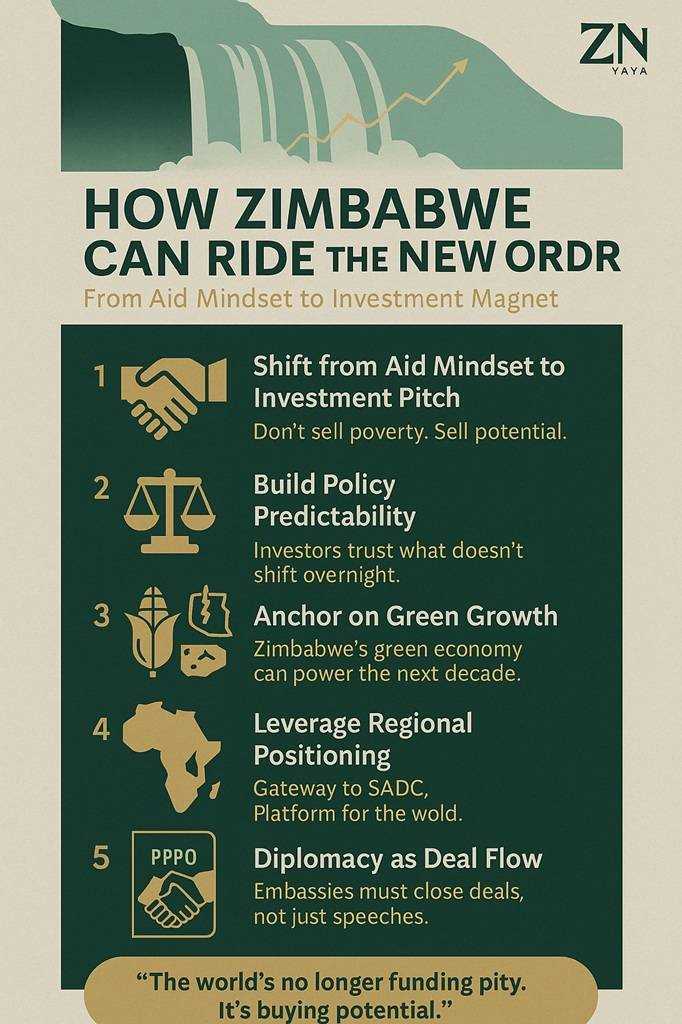
Victoria Falls has seen plenty of spectacles, but few as symbolically charged as the Nordic-Africa Foreign Ministers’ Meeting (NAUM 2025) held there last week. Beneath the thunder of the Falls, a quiet truth echoed through the conference halls — the aid era is over.
For decades, Nordic countries like Denmark, Sweden and Norway were synonymous with development assistance — the kind that came with conditions and polite lectures on governance. But as global power realigns, even the most idealistic donors are re-wiring their diplomacy.
Climate tech, green energy, data systems and food security are now the de-facto foreign-policy currencies. NAUM 2025 made it plain: Nordic countries want business partners, not beneficiaries.
The theme — “Leveraging Technology and Collaboration for Future-Ready Societies” — isn’t just a slogan. It marks a deliberate shift from talkshops to trade tables. Nordic ministers came with portfolios on renewable energy, agri-innovation, digital infrastructure and investment guarantees.
African ministers must cultivate a new confidence, demanding access to capital and fair terms for Africa’s industrial rise.
Related Stories
For Zimbabwe, hosting NAUM was a diplomatic win — but also a wake-up call. The global map of money and influence is being redrawn. The West’s moral leverage is fading fast, while China, India and the Gulf are already cutting deals measured in gigawatts and lithium tonnes, not governance checklists.
Nordic nations, though smaller, bring something Africa urgently needs: green technology and predictable capital.
To tap into this, Zimbabwe must stop presenting itself as an aid-seeking story and start marketing itself as a solution economy — a base for green industry, logistics and regional innovation.
The country’s lithium, solar potential, fertile soils and human capital are magnets, but investors need policy consistency, contract sanctity and currency stability. That’s where the real diplomacy now lies — not in statements, but in systems.
Among the delegates was Denmark’s newly accredited Ambassador Karin Poulsen, making her first appearance since presenting credentials to President Mnangagwa. Her arrival underscores the new Nordic posture: fewer grants, more joint ventures; less pity, more partnership.
The message is unmistakable — Africa’s value is no longer moral, it’s material. The nations that understand this shift will thrive in the next global order. The rest will still be writing donor-fund gap reports










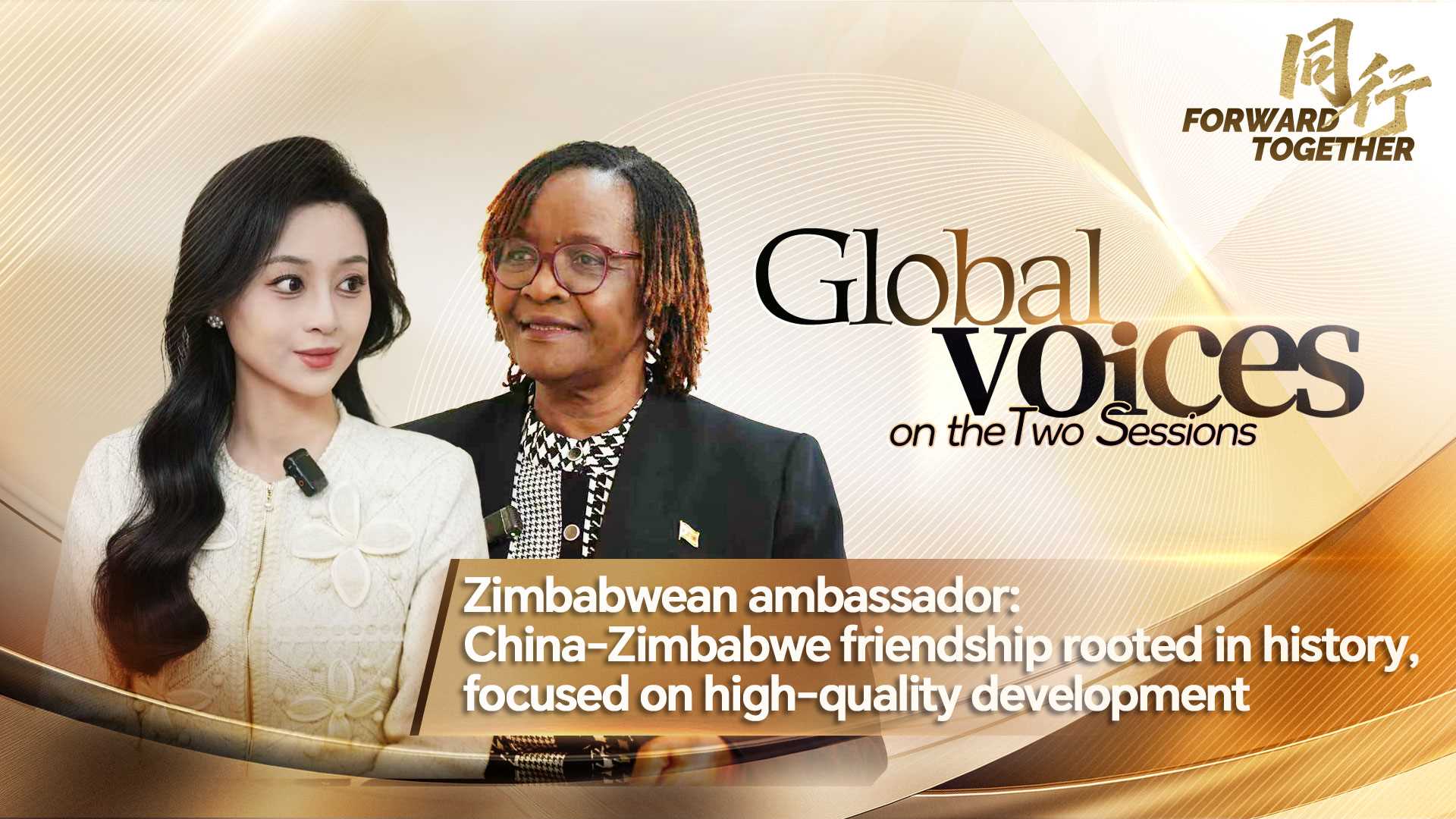
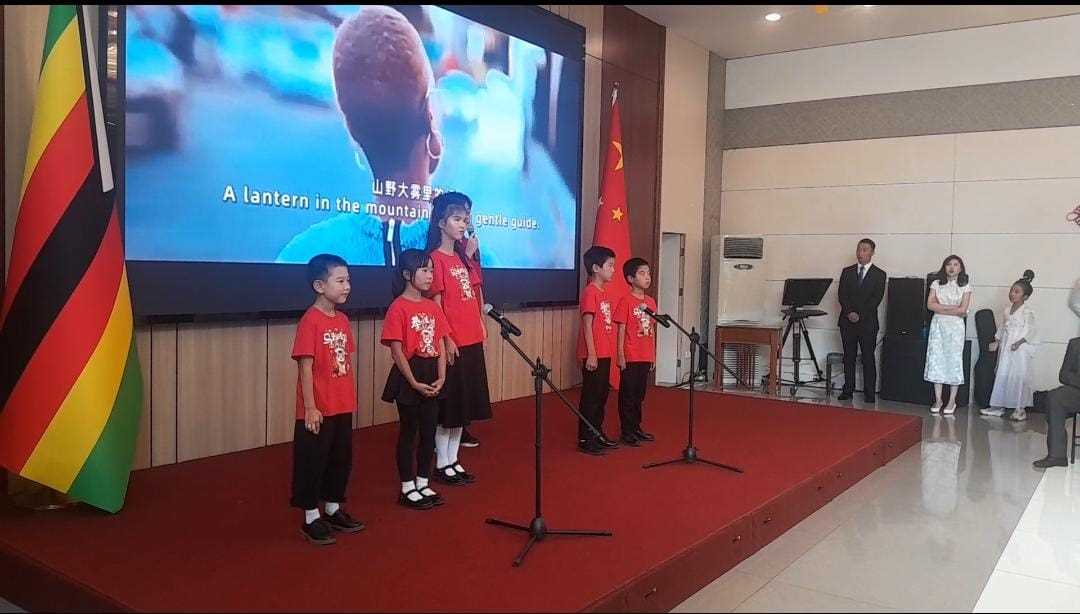
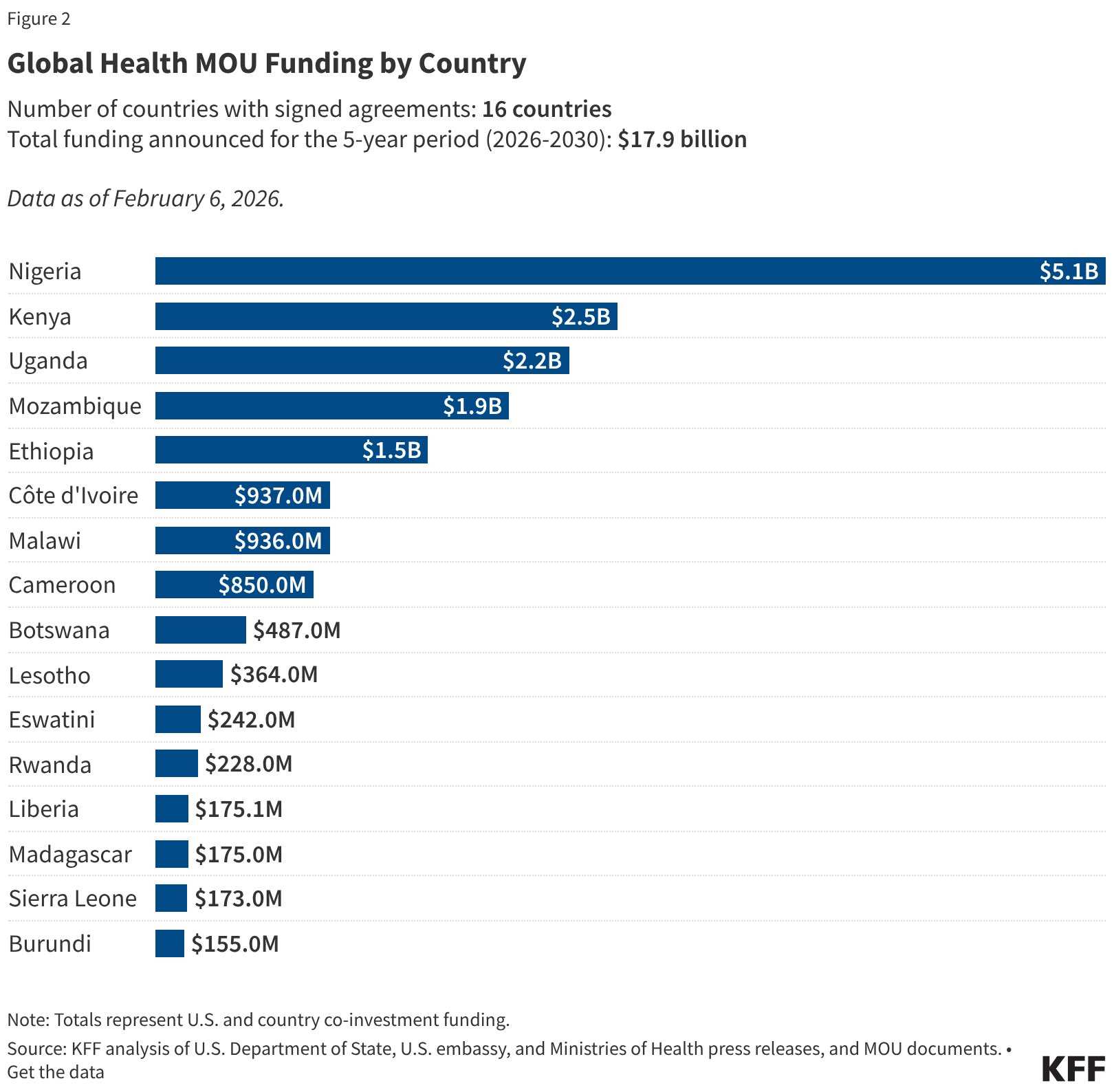


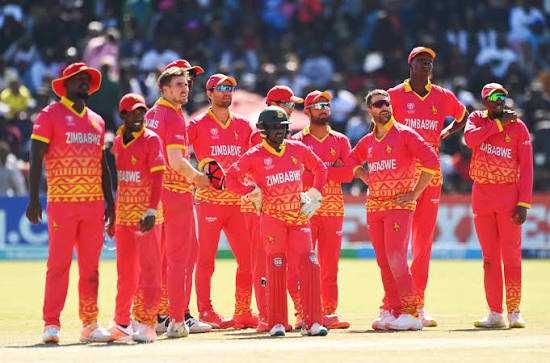




Leave Comments